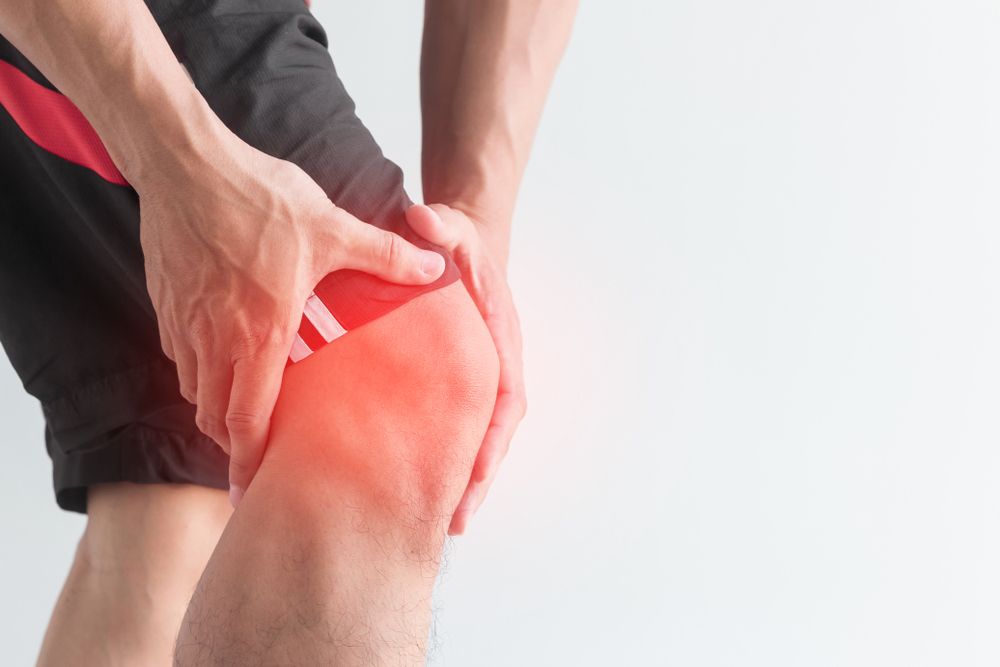Myofascial release therapy is a technique used by qualified massage therapists to relieve pain and muscle tension related to fascial immobility. To understand how this therapy works, let me explain what fascia is and the role that it plays in everyday life.
Fascia is the connective tissue that weaves continuously throughout the entire body, surrounding and holding muscles, groups of muscles and even blood vessels, nerves, and organs. Fascia is designed to bind some structures together while allowing other structures to glide and slide smoothly over each other. It provides stability while also allowing movement and flexibility.
Fascia is one of the reasons that our bodies are so incredible at responding to the various loads and demands that we place upon it. It assists with transmission of load and contraction forces between muscle groups when you walk, run, and move about your daily activities, it also protects injured or weak areas by thickening and creating adhesions that might limit range of movement. It’s a fantastic safety net for our whole musculoskeletal system!
However, fascia can also contribute to discomfort and restrictions with movement. Often when you feel like your muscles are ‘tight’ it may actually be the fascia that has shortened and thickened around the muscle or muscle groups which contributes to this sensation, and because fascia connects many muscles, tension in one area can also profoundly affect surrounding areas. This myofascial tension can occur for a variety of reasons such as from injury, lack of movement variations, habitual postures, or trauma.
If you’re experiencing tension and movement restrictions, you will likely benefit from myofascial release therapy. This technique involves a qualified massage therapist applying deep, sustained pressure to the restricted myofascial layers, allowing the layers to stretch, mobilise and release. Your massage therapist will communicate to you throughout the treatment to make sure you are feeling comfortable and relaxed.
At the end of a massage appointment, your therapist may also send you home with some stretches or strengthening exercises that will help you maintain your improved mobility. If you would like to learn more about myofascial release or have it included in your treatment plan, your massage therapist will happily explain more about this effective therapy.
Kady Yaxley
Remedial Massage Therapist
Australian Natural Therapist Association award of excellence.
Kady conducts her sessions with a thorough postural, range of motion and orthopaedic assessment and takes health history and lifestyle factors into consideration in order to address the cause of the presenting complaint. She is focussed on helping her clients progress towards their movement goals by helping them set achievable targets and providing simple and effective home-care tips.
Kady has a personal interest in natural health and pain science and uses her knowledge in these areas to help create a treatment plan that addresses the whole body – aiming to restore pain-free movement and improve general wellbeing.
Kady is trained in treating a variety of conditions by using techniques such as:
- Trigger point therapy
- Myofascial Release
- Muscle energy technique
- Sports massage
- Deep tissue massage
- Functional release cupping
- Joint mobilization
- Strength and conditioning.


